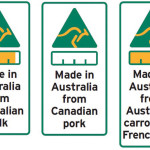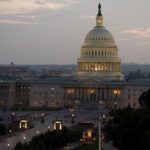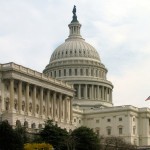With Congress currently debating the repeal of mandatory country-of-origin labelling (COOL) for meat and poultry — federal law in the U.S. since 2002 — new research from the Sam W. Walton College of Business at the University of Arkansas shines a spotlight on how COOL labelling affects consumers’ purchase decisions. In “A COOL Effect: The












